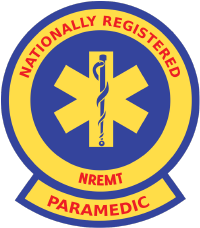![]()
Full Education Program
If you have just completed or are currently enrolled in a full education program.
Learn more>
 The Paramedic is an allied health professional whose primary focus is to provide advanced emergency medical care for critical and emergent patients who access the emergency medical system. This individual possesses the complex knowledge and skills necessary to provide patient care and transportation. Paramedics function as part of a comprehensive EMS response, under medical oversight. Paramedics perform interventions with the basic and advanced equipment typically found on an ambulance. The Paramedic is a link from the scene into the health care system.
The Paramedic is an allied health professional whose primary focus is to provide advanced emergency medical care for critical and emergent patients who access the emergency medical system. This individual possesses the complex knowledge and skills necessary to provide patient care and transportation. Paramedics function as part of a comprehensive EMS response, under medical oversight. Paramedics perform interventions with the basic and advanced equipment typically found on an ambulance. The Paramedic is a link from the scene into the health care system.[From the: National EMS Scope of Practice Model]
![]()
State Licensed
If you have a current state EMS license/ certification.
Learn more>
![]()
Re-entry
If you have a lapsed National Registry certification or lapsed state EMS license.
Learn more>

